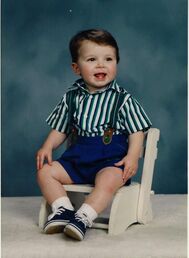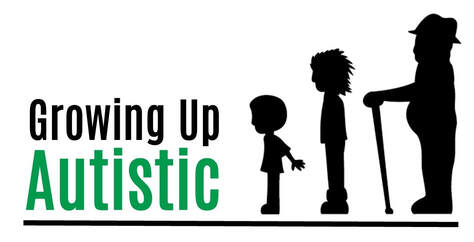 Photo by Pixabay.com Photo by Pixabay.com
Guest Blog by Caryl Anne Crowne of Aveanna Healthcare
Learning that your child is autistic can be a blessing. Answers to behavioral issues are finally apparent and steps that need to be taken are revealed. However, this is just the beginning of a long road to travel, not just for parents, but for siblings. Understanding this condition and how it should be managed affects an entire family.
0 Comments

By Patty Pacelli
As our son Trevor reached about 18 months, we noticed he had stronger than normal reactions to certain happenings in his day. He got extremely upset at anything that interrupted the schedule that he had formed in his mind. He couldn't verbalize his feelings or thoughts at that age, so he would cry, scream and throw himself on the floor. Even when he became more verbal, at about 4, it was still difficult for him to explain what was wrong, and to control his emotions. He exhibited these behaviors in settings such as church and preschool, so on the way to church in the car we would coach him and have him repeat, "No yelling, no hitting, no falling down." We aren't sure how much that helped, but he remembered the words. 
By Patty Pacelli
Between about 18 months and 2 years, we noticed our second child, Trevor, wasn't talking as much as his older sister had at the same age. Everyone told us, "boys are slower," and not to worry. But the bigger concern to me was that he didn't seem to understand what we were saying to him. When we asked him if he wanted to do something we knew was fun for him, we didn't get the expected excited head-nod and feet-kicking, or even a "yeah!" He just continued on with no reaction. |
Inspiration for Life with AutismThis blog has a variety of articles about people living life with autism, and topics and ideas that can help in the journey. Guest bloggers are welcome. Inspired by Trevor, a young adult film critic, photographer and college graduate on the autism spectrum. Categories
All
Archives
July 2024
|
Proudly powered by Weebly

 RSS Feed
RSS Feed